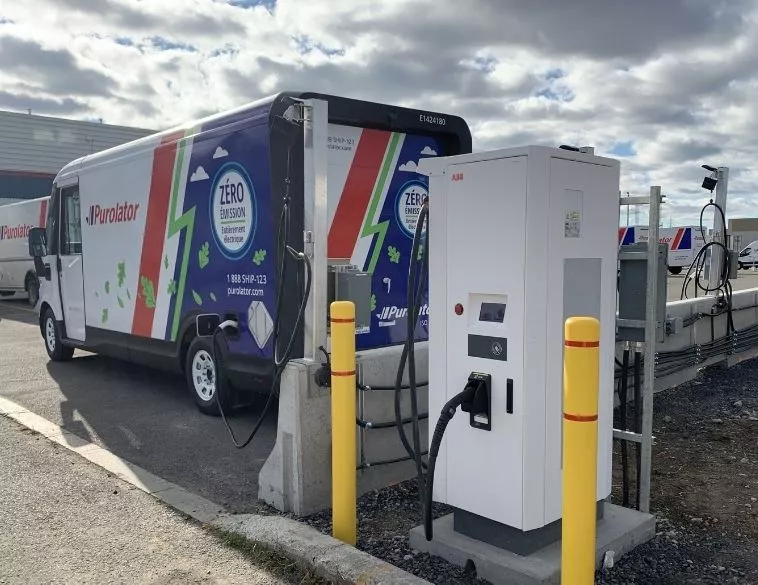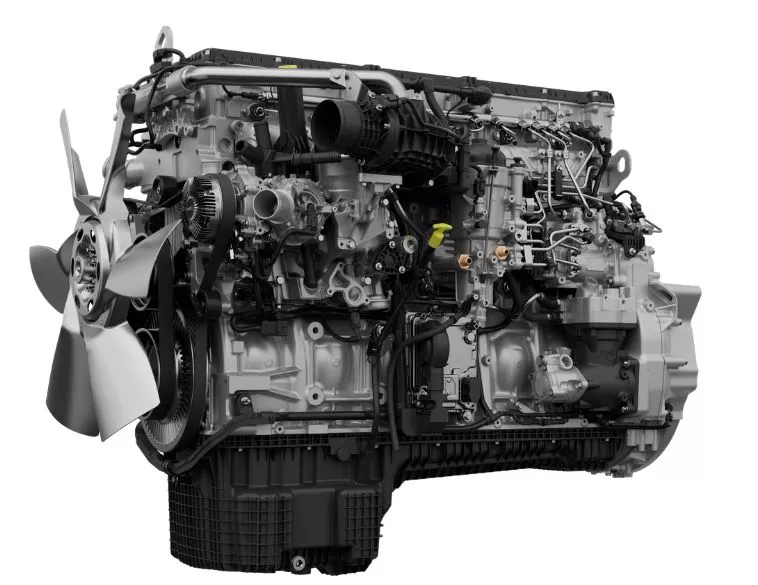Rethinking Tariffs

Working with Chinese manufacturers could make EVs more affordable for Canadians.
The debate about removing the 100% tariff on Chinese electric vehicles imported to Canada in ongoing. EV enthusiasts see this as critical to getting more affordable EVs and increasing market penetration. The auto industry, particularly the Automotive Parts Manufacturers’ Association says that this will severely harm existing auto businesses.
The same debate is going on in Germany and France, both of which have large auto manufacturing sectors. That said, I think I may have heard of a compromise that works for both sides.
How it started
In 2024 U.S. President Joe Biden asked Canada to impose tariffs of 100% on Chinese EVs. China responded with tariffs on Canadian canola. There are almost no new EVs for sale in Canada for less than $35,000 except the Chevrolet Bolt.
In a 2025 webinar, Dr. Ian Lee of Carleton University quoted recent research by TD Economics, which shows that Chinese EVs have about the same battery range as their competitors, but they charge faster and are priced lower. That’s two out of the top three attributes that EV buyers look for.
A 2025 McKinsey study found that 65% of people in the U.S. consider an EV for a future purchase or lease, maybe after one more ICE for about half of them. It is more than likely that Canadians have a similar mindset.
Existing OEM partnerships
U.S. and Japanese manufacturers make many EV models in China. In partnership with SAIC, GM makes the Electra LG7 mid-sized range-extended electric sedan, and the Electra E5 4-door crossover. Electra is a long-standing GM brand well known in Canada and an apt name for an EV.
Ford makes the Bronco EV with Jiangling Motors, which may be exported to Southeast Asia and Australia according to Electrek, a news and commentary site. Stellantis has a 20% stake in Leapmotor, a Chinese EV startup. Leapmotor plans to build the B10 electric SUV in Spain to avoid the European Union’s 30.7% tariff. Honda has three EV brands made in China: Ye, Lingxe and e:N. Toyota plans to build Lexus EVs starting in 2027 at a factory in Shanghai, according to an article on CarNewsChina.com.
A win-win solution
All of these companies assemble vehicles in Ontario that are under pressure from the current U.S. administration. I will turn to David Booth, who writes the Motor Mouth column on the driving.ca website. When I first met Booth many years ago, he was skeptical of EVs, but now has a better opinion of them.
In a recent column, Booth suggested a remission of duty for Chinese EVs, if the same company manufactures cars or trucks in Canada. In return, China should reduce tariffs on Canadian canola and other food products.
China exported 1.2 million EVs in 2024, and has 65% EV market share in Mexico, 25% in Australia and 15% in New Zealand, according to TD Economics. If they can find a market in Canada approaching this it should be seen as a worthwhile opportunity.
Allowing affordable EVs from China to be sold in Canada while ensuring the continuation of existing vehicle production here seems like a win for everyone.





